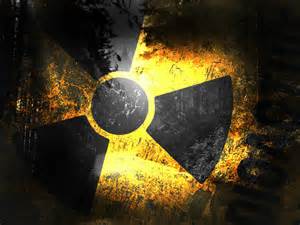There is an important question to be asked of Mr Davey. If there is no public subsidy for Hinkley C why are you having to make an application to the Brussels for state aids clearance?
The most important decision in this issue is EDF’s decision to order the major components for Hinkley. Only when that has happened will it become too expensive not to go ahead.
If that has not been done, no deal has actually been made. All that has happened is that the price the British Government will pay for the output from Hinkley has been announced.
It is very unlikely that any such order will be made until after state aids clearance has been granted.
As far as I can see the following is what the combination of Osborne and Davey’s announcements adds up to:-
Two Chinese companies will take a minority stake in EDF’s proposed nuclear power station at Hinkley point.
At some future point Chinese companies may be allowed to take a majority stake in other nuclear power stations if they are built.
Under the current levy control cap there is no money even to build the second EDF station let alone any Chinese stations.
The Chinese simply bought – for nothing – an option to participate in something that may never happen.
EDF have already announced that they do not expect the civil engineering work to begin at Hinkley before the middle of 2015.
This is an optimistic assumption about how long it might take to get state aids clearance.
It has already become clear that there will only be limited scope for British companies to supply the high value components for Hinkley
On the most optimistic assumptions there will be no electricity from Hinkley before 2023.
The price announced by Ed Davey will be about double the current wholesale price of electricity.
The wholesale price of electricity is the main component of energy bills.
In order to set that price he has had to guess the wholesale price of electricity in 2058 since the contract will last until then.
This is courageous. It means that if wholesale prices fall, British consumers will lose out substantially.
Wholesale prices for electricity in Germany have fallen about 30% in the past 12 months.
In short, this, not quite a deal yet, does nothing to reduce energy bills now, will not help to keep the lights on this winter and offers few high-value jobs for Britons.
It is another example of profit being privatised and risk being socialised.
No wonder the private sector has declined to take this opportunity.
You might call this a behind the smoke and mirrors view of the ‘deal’.
So why are the Coalition making such a fuss about it? Because it supports the political narrative that the Coalition is making the economy work and has made Britain an attractive place for inward investors. In other words, this whole farrago is about managing the headlines not the country.
Tom Burke
London
20th October 2013

